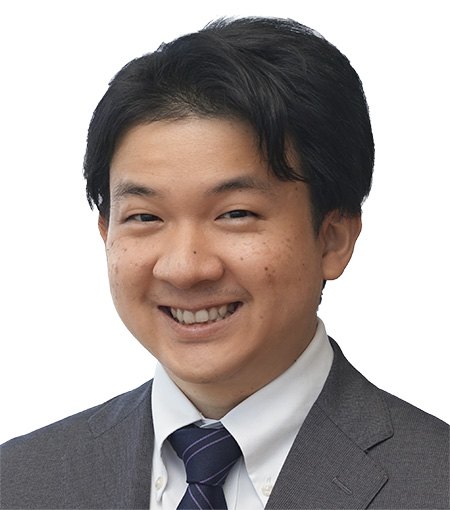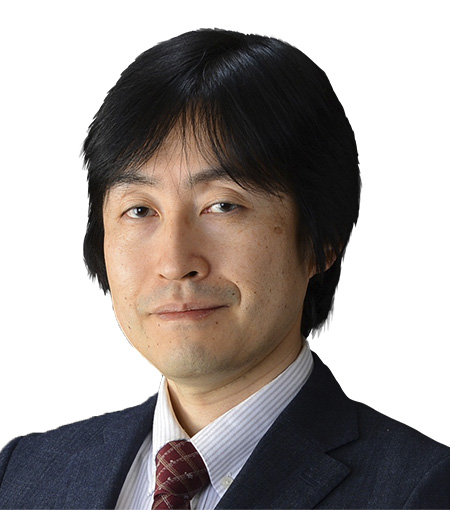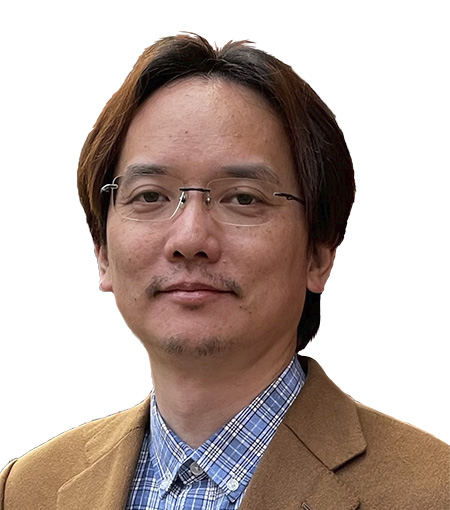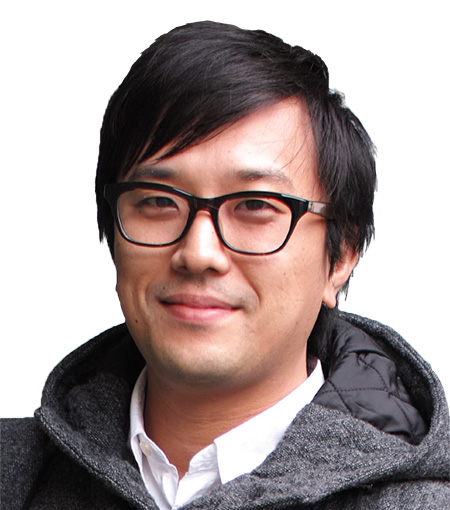- JST Home
- /
- Strategic Basic Research Programs
- /
 CREST
CREST- /
- Research Director/
- Creation of System Software for Society 5.0 by Integrating Fundamental Theories and System Platform/
- [Society 5.0 System Software] Year Started : 2022
[Society 5.0 System Software] Year Started : 2022
Nuttapong Attrapadung
Sustainable Decentralized Secure Computation Infrastructure
Grant No.:JPMJCR22M1
Research Director
Nuttapong Attrapadung

Research Group Leader
Cyber Physical Security Research Institute
National Institute of Advanced Industrial Science and Technology (AIST)
Collaborator
| Shinichi Kawamura | Research Group Leader Cyber Physical Security Research Institute National Institute of Advanced Industrial Science and Technology (AIST) |
| Kanta Matsuura | Professor Institute of Industrial Science The University of Tokyo |
| Takahiro Matsuda | Research Group Leader Cyber Physical Security Research Institute National Institute of Advanced Industrial Science and Technology (AIST) |
| Kazuki Yoneyama | Professor Graduate School of Science and Engineering Ibaraki University |
Outline
Secure multi-party computation (MPC) is a cryptographic technique that allows mutually distrusting parties to jointly evaluate a function on their private inputs without revealing anything beyond the output. MPC is expected to facilitate collaborative utilizations of confidential information held by different individuals or companies. This project aims to solve the issues related to the need for trust in centralized MPC providers and operational difficulties in the absence of such providers. To achieve these aims, we will establish a theoretical framework for efficient MPC in a fully decentralized setting while also developing an infrastructure that can be operated in a sustainable manner by incorporating users’ incentives. Our goal is to thereby provide a sustainable decentralized secure computation infrastructure.
Toshiyuki Amagasa
A Verifiable Data Ecosystem
Grant No.:JPMJCR22M2
Research Director
Toshiyuki Amagasa

Professor
Center for Computational Sciences
University of Tsukuba
Collaborator
| Yoshiharu Ishikawa | Professor Graduate School of Informatics Nagoya University |
| Masato Oguchi | Professor Faculty of Core Research Ochanomizu University |
| Makoto Onizuka | Professor Graduate School of Information Science and Technology The University of Osaka |
| Jun Miyazaki | Professor School of Computing Institute of Science Tokyo |
| Atsuyuki Morishima | Professor Faculty of Library, Information and Media Science University of Tsukuba |
Outline
In this project, we conduct research and development of a verifiable data ecosystem. More precisely, we devise an integrated data model that allows us to represent data, lineage, and confidence and develop a highly functional distributed storage, a metadata manager, and a lineage engine that support the model. Furthermore, we investigate a novel technique, database repair, that makes it possible to fix improper data in databases and human-in-the-loop approaches to improve the reliability of open world data. Besides, we will conduct a couple of demonstration experiments to assess the validity of the proposed system.
Takahiro Shinagawa
A comprehensive security infrastructure system with isolated execution and formal verification
Grant No.:JPMJCR22M3
Research Director
Takahiro Shinagawa

Professor
Graduate School of Information Science and Technology
The University of Tokyo
Collaborator
| Eijiro Sumii | Professor Graduate School of Information Sciences Tohoku University |
| Takahiro Hirofuchi | Research Group Leader Intelligent Platforms Research Institute National Institute of Advanced Industrial Science and Technology (AIST) |
Outline
We realize a comprehensive security infrastructure system that provides strong security for the overall systems supporting Society 5.0. Combining various isolated executions with state-of-the-art technology and targeted formal verification, we enable theoretically verified strong security to be applied to practical systems. We also enable consistent security across the entire system from the edge to the cloud by writing and enforcing comprehensive security policies.
Takuro Yonezawa
Trusted Inter-Reality Infrastructure for Creating and Connecting Diverse Realities with Safety and Security
Grant No.:JPMJCR22M4
Research Director
Takuro Yonezawa

Associate Professor
Graduate school of Engineering
Nagoya University
Collaborator
| Soko Aoki | Chief Executive Officer Kadinche Corporation |
| Akira Kanaoka | Professor Faculty of Science Toho University |
| Manabu Tsukada | Associate Professor Graduate School of Information Science and Technology The University of Tokyo |
Outline
We will build a new trust principle that supports the next society by creating and connecting diverse physical and virtual realities that enable hierarchical access control and security protection. Furthermore, we will clarify the risk of physical and mental invasive risks and effects caused by highly immersive VR environments from a medical perspective. Based on the trust principle, we aim to establish Trusted Inter-Reality Infrastructure, and evaluate it through field trials with different kinds of services.













